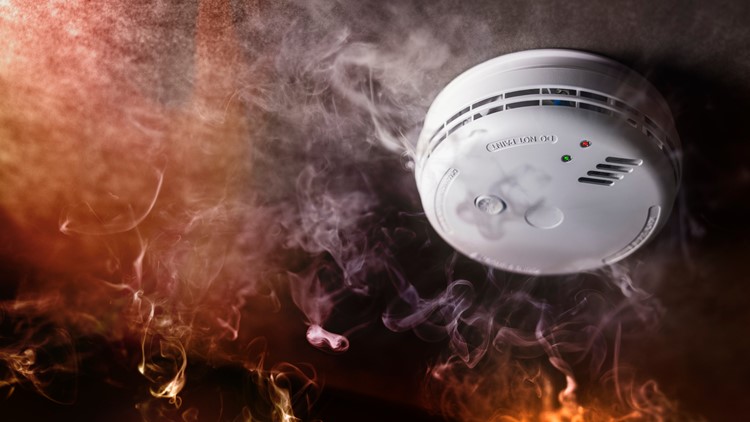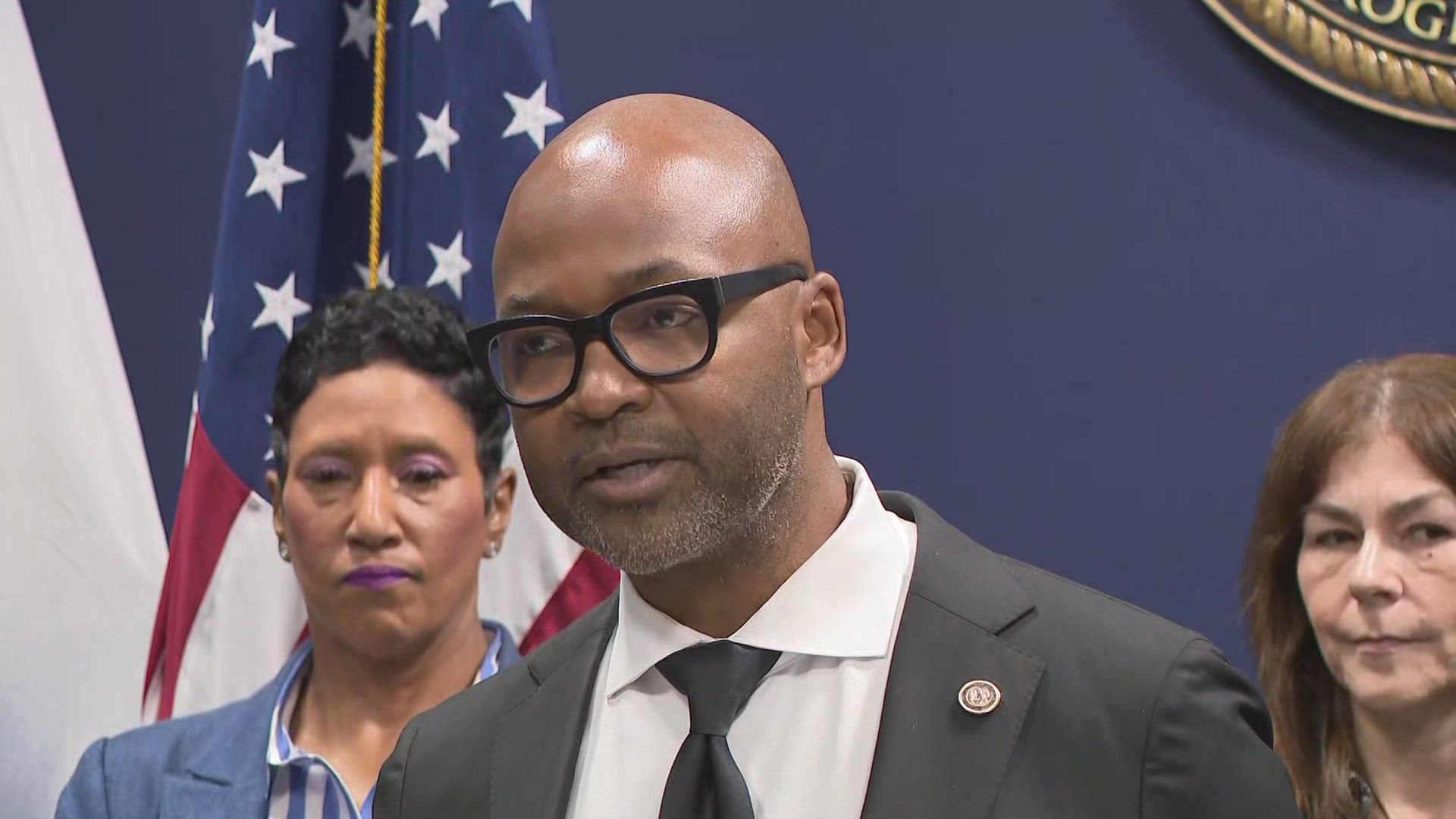NEW ORLEANS — With a hard freeze expected Tuesday and Wednesday, the New Orleans Fire Department has some safety tips for the cold weather.
NOFD reminds residents not to risk their safety to keep warm. Here is a list of Winter Fire Safety Tips to keep in mind:
Smoke Alarms
- The best level of protection is installed in every bedroom and every bedroom hallway on every floor.
- Minimum protection requires smoke alarms outside bedrooms and on every floor.
- DO NOT install smoke alarms in the kitchen or bathroom.
- Test the batteries monthly.
- Keep smoke alarms away from air vents.
- Place smoke alarms at least 4 to 6 inches away from walls and corners.
Alternative Heaters
- Use heaters only in well-ventilated rooms.
- Place heaters where they will not be knocked over easily.
- Do not use heaters to dry clothing or other items.
- Keep heaters at a safe distance from curtains, furniture and all combustibles.
- Do not leave children alone with space heaters on. An adult should always be present when a space heater is in use.
Hazards associated with unvented heaters
- Depletion of oxygen from the room resulting in death.
- Clothing or close combustibles catching on fire when close to flames.
- Air pollution such as carbon monoxide whenever fuel is incompletely burned.
Electric Space Heaters
- Plug heaters directly into the wall socket, and not into extension cords.
- Check the cords on electric heaters before using. If the cord is frayed or splitting, discord the heater.
- Any repairs to heaters should only be performed by a qualified licensed appliance repair person.
- Keep anything that may burn at least 3 feet away from the heater.
- Never allow children to play with, or around, the heater.
- Never place anything inside the grill on the front of the heater.
- Unplug heater when they are not being used.
Heating Sources
- Once a year have your heating sources checked by a licensed mechanical contractor.
- Floor furnaces should be cleaned and vacuumed before usage and should be checked for proper ventilation.
- Make sure floor furnaces are clear of all coverings.
- All gas heating sources should put out a clear blue flame, if you see a primarily orange or yellowish flame; have it checked by a professional.
- All heating sources should be checked annually.
- All gas heating sources must also be properly ventilated. Keeping a window slightly open can circulate fresh air and reduce carbon monoxide buildups in tightly sealed houses.
- Never! Use a stove or oven to heat the home. This causes a buildup of deadly carbon monoxide gas in the home.
Candles
- Before you light candles put them in a non-tip candle holder.
- Never burn candles near combustible decorations or displays.
- Keep candles far away from curtains and other combustibles, and never put candles in windows or near exits.
- Don't leave candles burning unattended or within the reach of small children.
- Extinguish candles before you leave a room, go to bed, or leave home.
Woodstoves and Fireplaces
- Uses only seasoned wood, never use green wood, plastic artificial logs, paper or trash.
- Make sure the chimney flue is open before the fireplace is used.
- Always use a protective screen.
- Clean interiors, hearths, and chimneys yearly.
- Have your chimney inspected by a professional at least once a year and have it cleaned if necessary.
- Remove ashes in a metal container.
- Because they may rekindle, never store ashes in your home.
Generators
- Generators should be used in well-ventilated locations outside away from all doors, windows, and vent openings.
- Never use a generator in an attached garage, even with the door open.
- Place generators so that exhaust fumes cannot enter the home through windows, doors, or other openings in the building.
- Make sure to install carbon monoxide (CO) alarms in your home. Follow manufacturer’s instructions for correct placement and mounting height. Turn off generators and let them cool down before refueling. Never refuel a generator while it is running.
- Store fuel for the generator in a container intended for the purpose and is correctly labeled as such. Store the containers outside of living areas.
- When plugging in appliances, make sure they are plugged directly into the generator or a heavy duty outdoor-rated extension cord.
- If you must connect the generator to the house wiring to power appliances, have a qualified electrician install a properly rated transfer switch in accordance with the National Electrical Code® (NEC) and all applicable state and local electrical codes.
Carbon Monoxide Detectors
- Install carbon monoxide (CO) detectors near bedroom areas and family rooms, for extra protection; place one about fifteen feet away from your home’s heat source.
- DO NOT install them near air vents or fans.
- Test your CO Detector each week by pressing the test/silence button to make sure that the alarm sounds.
- Keep your CO detectors dust free by vacuuming air vents regularly.
► Get breaking news from your neighborhood delivered directly to you by downloading the new FREE WWL-TV News app now in the IOS App Store or Google Play.



